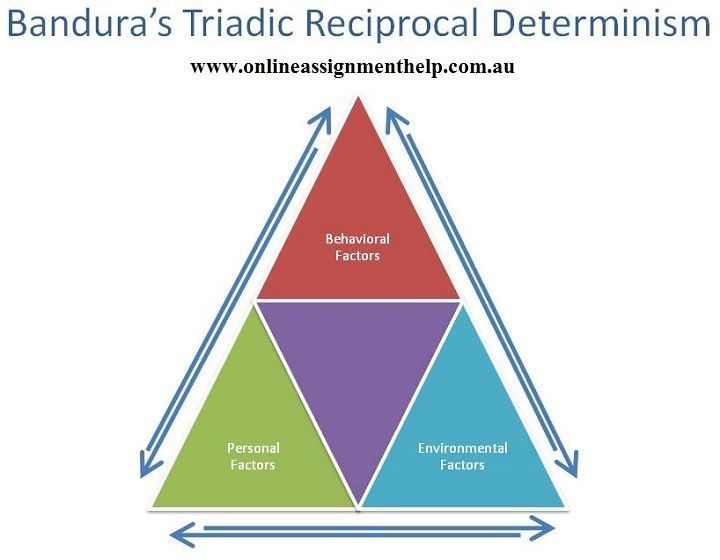e-Learning Ecologies MOOC’s Updates
Essential Update 5#: Community and collaboration tools in relation to social learning
Collaboration tools is a topic that interests me greatly as I am in the process of collecting information to implement such a tool in our team. We have looked at several tools as Microsoft Team, Slack, Trello, …
In the video 5A about social learning the professor explained collective intelligence and two subjects grabbed my attention: collective intelligence is the knowledge of all the people participating and feedback is vital for collective intelligence. I would like to explain this with an example. I was lucky to be invited to a webinar hosted by Slack that talked about social learning and how they integrate social learning with digital tools (*).
They start by using Albert Bandura’s social learning theory where attention, retention, reproduction and motivation are the key elements (**)
For Slack social learning is learning from others for a collective approach to problem-solving by quickly connecting to form a collective brain. They build communities around a problem where co-workers from different departments can join to discuss, learn, evaluate, … what is said around the problem. Key was that the community had to be a safe place where a culture of sharing is indispensable. The entire process is done digitally through learning channels in Slack as this a worldwide company and has different offices all over the world.
Very important in this way of learning is the constant evaluation and feedback. Every ‘meeting’ is evaluated, if solutions are suggested people are urged to use them and give feedback. This makes that the ‘collective brain’ is constantly updated, adapted and ‘on the move’. To further strengthen the feedback, they have built in accountability partners. The partners will support co-workers in implementing the solution and give feedback collectively.
Personally I think that extrinsic and intrinsic motivation plays a big part in this kind of communities. By participating you will build stronger relationships and increase the chance of career success. The intrinsic motivation here could be the emotional connection with a group, the fact that people listen to you, that your knowledge matters. The extrinsic motivation could be that you love sharing knowledge, that your social status grows, that somebody values your knowledge, …
Social learning will become more important the next years, but implementing this in big companies will be a challenge. But one I am willing to take on.
(*) https://business.udemy.com/resources/slack-social-learning/


